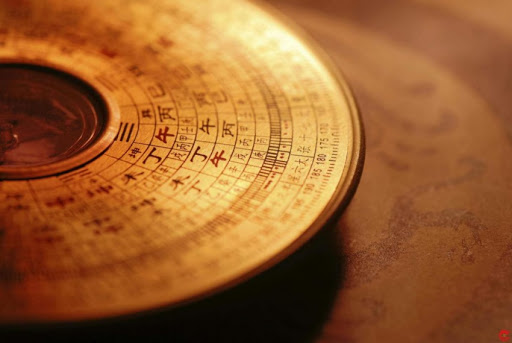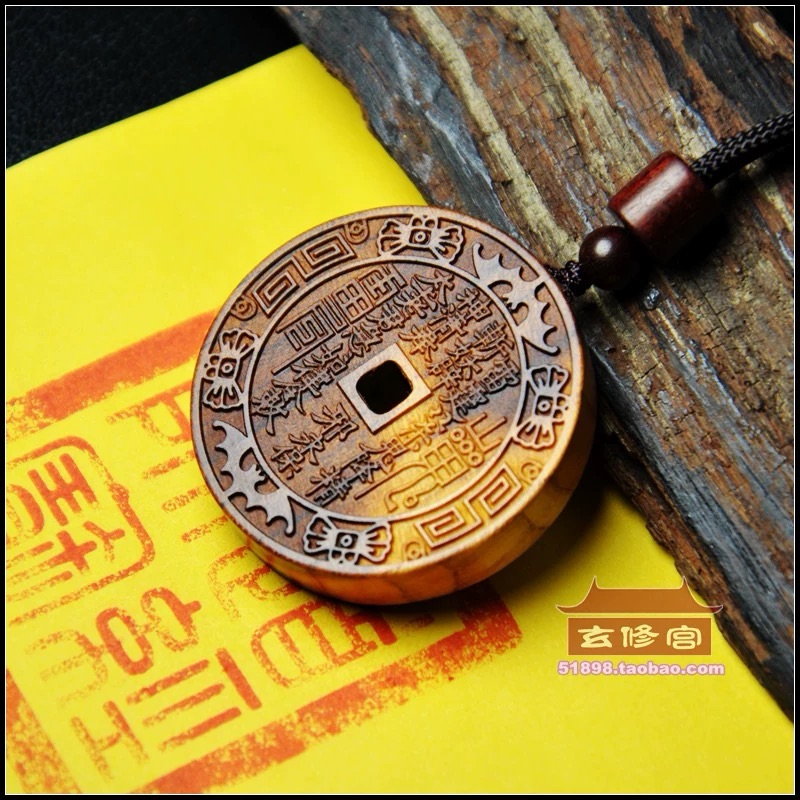In traditional Chinese culture, Feng Shui and the philosophy of the I Ching (Book of Changes) are deeply intertwined, forming a profound system of thought about good and evil. This concept is not merely a moral lesson but is rooted in a deep understanding of the laws governing the universe. The I Ching emphasizes that “families who accumulate good deeds will have lasting blessings, while those who accumulate evil will face lasting calamities.” Feng Shui culture further integrates this idea into the interaction between humans and their environment, suggesting that human behavior and intentions influence the flow of energy in the environment, which in turn affects the individual. This interplay reveals the core of Feng Shui: good and evil are not just moral choices but also manifestations of energy transformation.
The Yin-Yang theory in the I Ching provides the theoretical foundation for the concept of good and evil in Feng Shui culture. Yin and Yang represent two opposing yet complementary forces in the universe, interdependent and mutually transformative, maintaining the dynamic balance of the cosmos. In the I Ching, good and evil are seen as specific expressions of Yin and Yang: good deeds, like Yang, bring light and harmony, while evil deeds, like Yin, lead to chaos and imbalance. Feng Shui culture inherits this idea, proposing that good intentions and actions promote the flow of positive energy, improving the environmental aura, while evil intentions and actions disrupt this balance, leading to the accumulation of negative energy. Thus, Feng Shui focuses not only on the external arrangement of the environment but also on the cultivation of inner intentions.
The concept of good and evil in Feng Shui culture is also reflected in the idea of “harmony between humans and nature.” The I Ching teaches that humans and nature are a unified whole, and human behavior should align with natural laws. Feng Shui culture further suggests that good intentions and actions resonate with natural energy, thereby improving personal fortune. For example, a person with good intentions will naturally create a harmonious aura in their living environment, while a person with malicious intentions will struggle to achieve true balance, even with deliberate Feng Shui arrangements. This logic reveals the deeper principle of Feng Shui: external arrangements are merely supplementary, while the true core lies in the human heart.
In modern society, the concept of good and evil in Feng Shui culture still holds significant relevance. Choosing to enhance fortune through Feng Shui products or services is not superstition but a way to promote inner peace and positivity by adjusting environmental energy. However, these external adjustments must be combined with inner goodness to truly be effective. As the I Ching states, “When a noble person speaks good words in their home, their influence reaches a thousand miles away.” Inner integrity and kindness are the keys to a virtuous cycle of Feng Shui fortune.
Therefore, the ultimate goal of Feng Shui culture is not to pursue temporary good luck but to achieve harmony between humans and their environment through good intentions and actions. When we approach others and the environment with kindness, positive energy naturally flows, creating a virtuous cycle. This cycle not only improves personal fortune but also positively impacts the surrounding environment. Ultimately, the concept of good and evil in Feng Shui culture reminds us: true Feng Shui begins with inner goodness and is realized through harmony with nature.



Leave a Reply